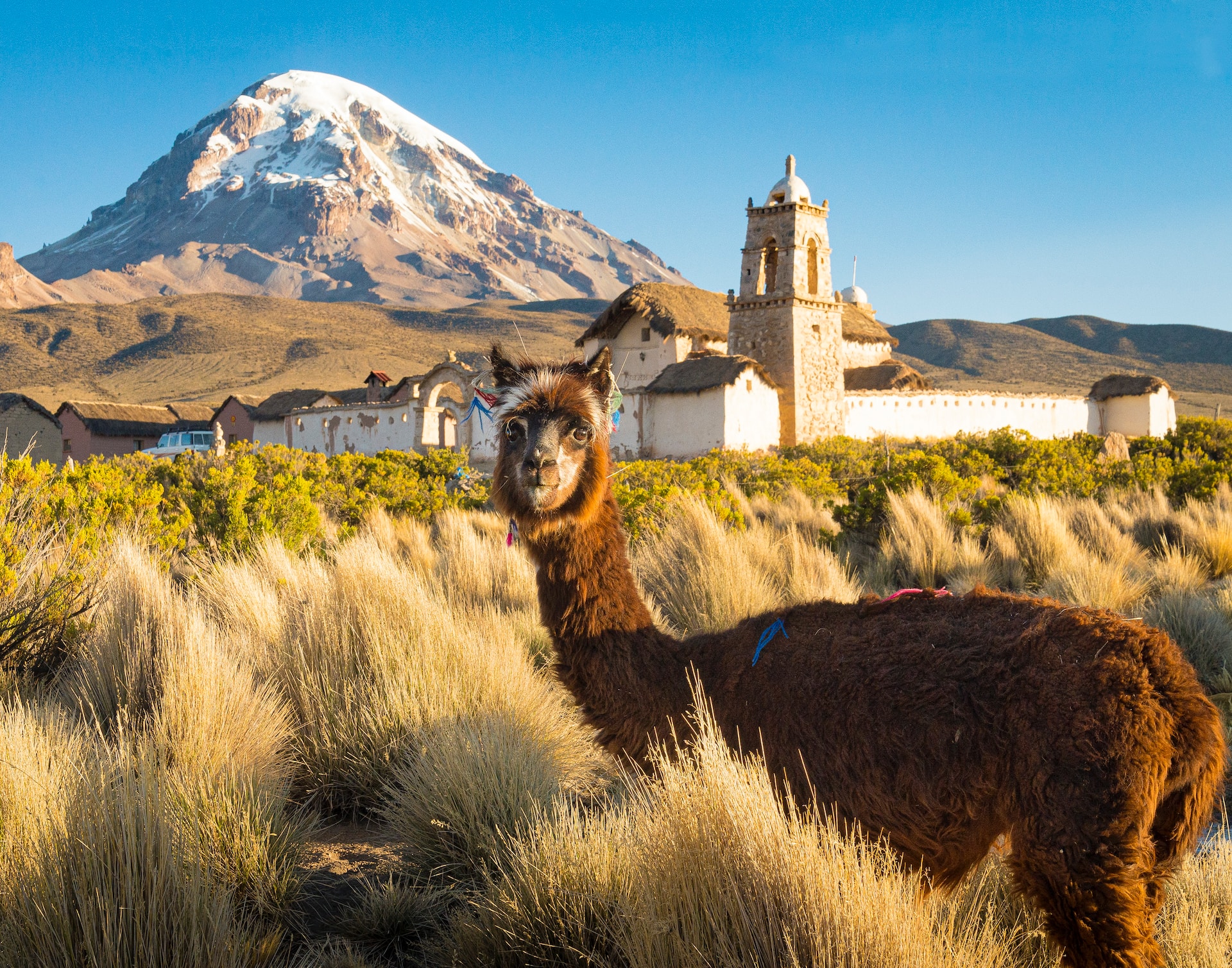Bolivie
Malgré les engagements exemplaires de la Bolivie, la réalité sociale du pays n'est qu'un des nombreux défis à relever pour parvenir au pluralisme.
Groupes Évalués
- Dimension politique
- Dimension régionale
- Dimension ethnique
La Bolivie se définit comme une démocratie plurinationale. Une démocratie ou une nation plurinationale fait référence à la coexistence de plusieurs nations au sein d’une même nation. La Bolivie reconnaît les identités multiethniques, et la protection des droits des Autochtones dans ses lois inclusives ainsi que ses protections sociales reflètent un haut degré de pluralisme. Toutefois, les inégalités socio-économiques et la polarisation politique menacent ces progrès. L’évaluation du Moniteur fait ressortir deux grands problèmes qui affectent le pluralisme en Bolivie aujourd’hui. Le premier est lié aux divisions provoquées par les blessures politiques de la crise de 2019. Le deuxième est celui de l’inégalité de la citoyenneté. Cet evaluation été achevée en 2021.
Recommendations
Ensure the independence of the judicial system
Facilitate processes to access Indigena Originario Campesino autonomy
Promotion of pluralism in the media sector
Develop empirical studies about Indigenous languages
